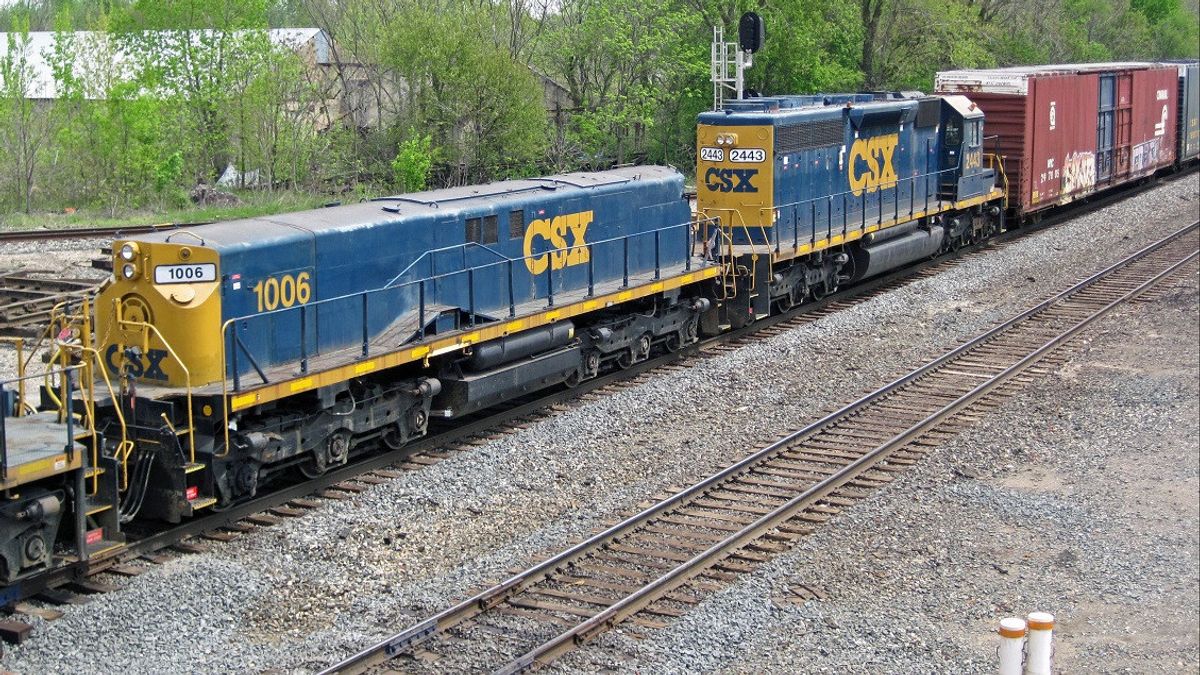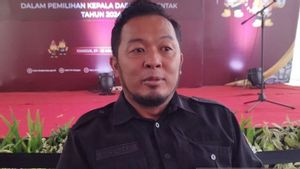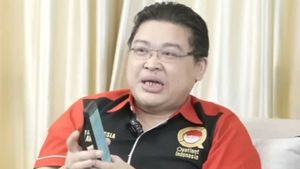JAKARTA - The United States Environmental Protection Agency (EPA) said it was considering adopting new regulations to tackle locomotive air pollution.
"EPA has formed a team to evaluate the best way to overcome the emission of air pollutants from the locomotive sector. This team will develop a series of options and recommendations, for possible EPA regulatory actions that handle new locomotives and new locomotive engines," the agency said. November 10.
The California Air Resources Council (CARB) in April 2017 asked the EPA to set stricter emission standards for new locomotives and new locomotive engines.
The EPA does not support California's request, but says it plans to propose a revision of existing locomotive preemption regulations, "to ensure they do not improperly restrict California authorities and other states under the Clean Air Act, to address their air quality issues."
CARB did not immediately respond to a request for comment.
The EPA has not updated regulations for the emission of air pollutants from the locomotive since 2008. The agency noted that in California and elsewhere the locomotive remains a significant source of emissions, "often having a disproportionate impact on public health near railroads and ports."
The EPA noted that in August Congress passed climate legislation that provided $3 billion for grants and discounts, to reduce air pollution at ports and another US$60 million for the Diesel Emission Reduction Act program.
CARB has proposed starting in 2030, only less than 23-year-old locomotives could be used in California.
In 2024, "all locomotives with automatic combustion devices will not be allowed to be unemployed for more than 30 minutes, except for excluded reasons."
The proposal, which will be discussed at the November 18 CARB board meeting, is expected to reduce locomotive emissions across states, approximately equivalent to removing all heavy-duty diesel trucks from California roads for all by 2030.
The English, Chinese, Japanese, Arabic, and French versions are automatically generated by the AI. So there may still be inaccuracies in translating, please always see Indonesian as our main language. (system supported by DigitalSiber.id)













